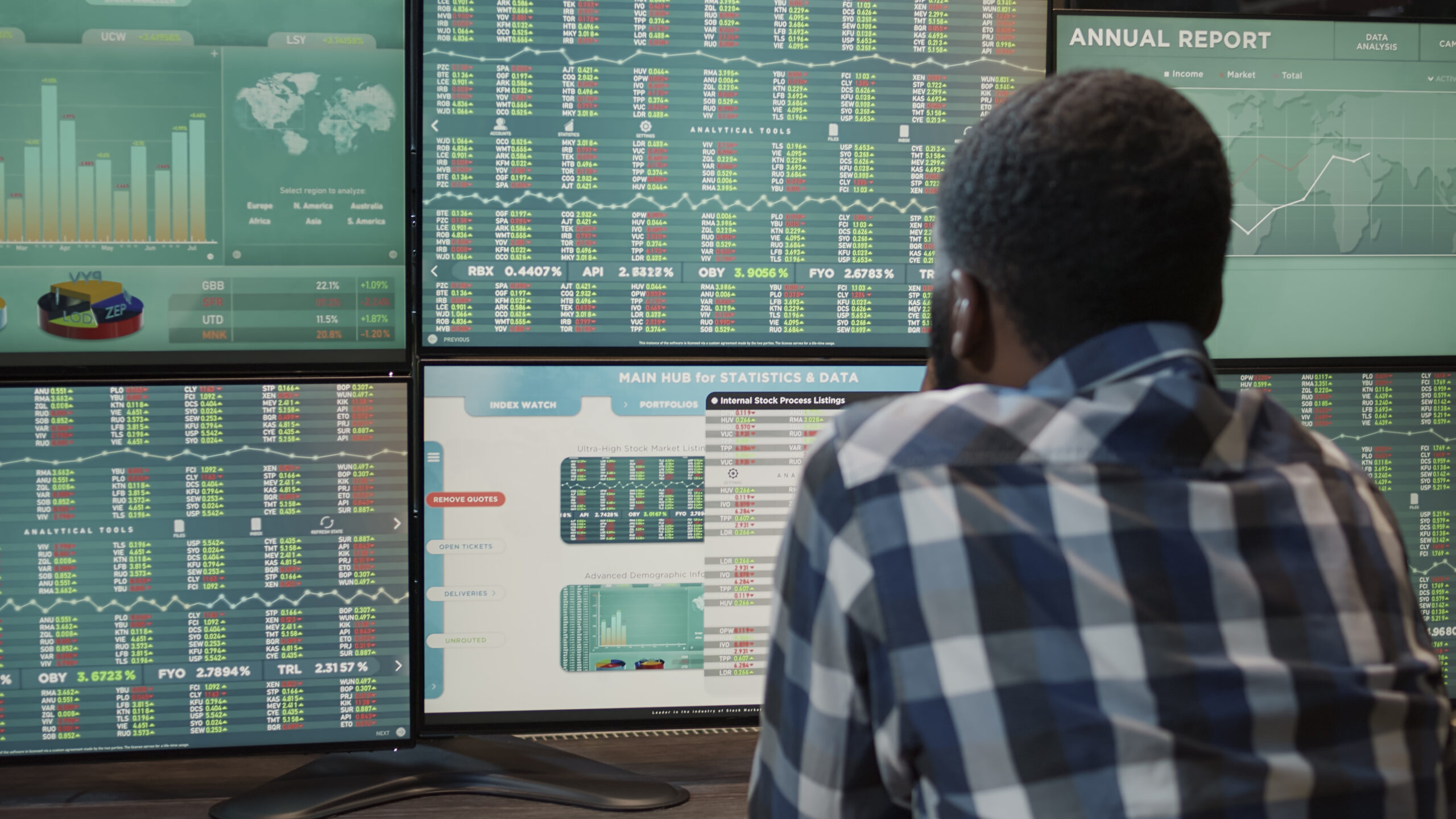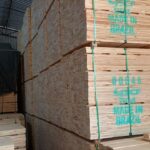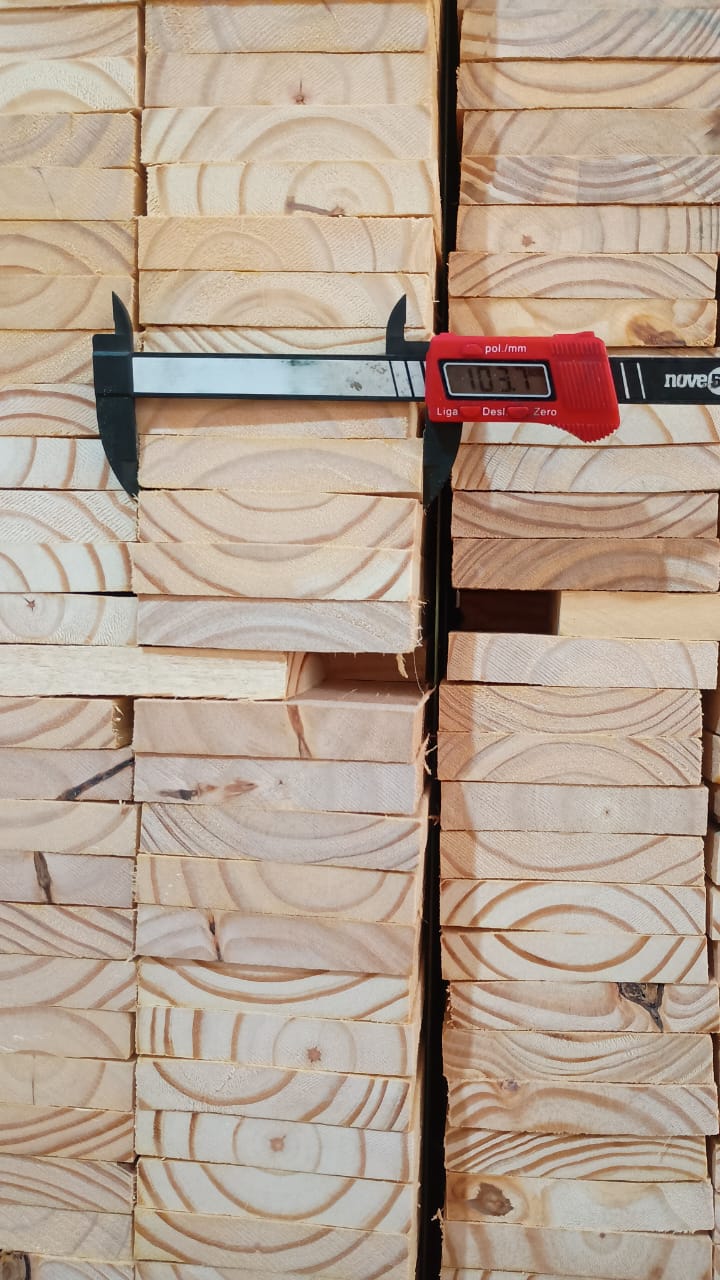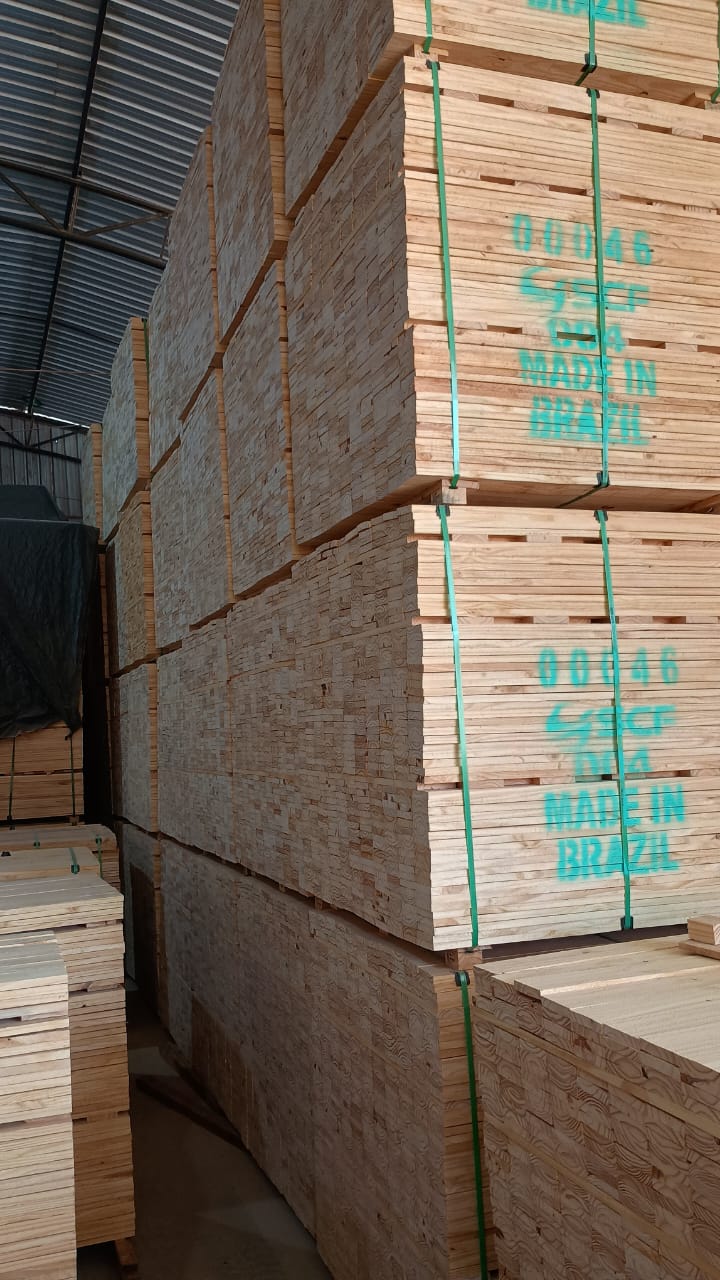The perennial softwood lumber trade dispute between the United States and Canada has once again erupted, triggered by the U.S. Department of Commerce's recent preliminary tariff plan on Canadian imports for 2023. The proposed significant increase in duties has ignited a fierce war of words, with the Canadian government vowing to dispute these "unjustified" tariffs. This escalating trade friction creates a volatile environment in the North American lumber market, presenting a unique window of opportunity for alternative suppliers, particularly Brazil. Simultaneously, navigating the complexities of international trade in such a scenario requires expert guidance, and companies like SCF Global Trade (www.scfbr.com) can play a crucial role in helping businesses overcome the associated challenges.
Canada's Firm Stance: A Dispute on the Horizon
The Canadian government has reacted with strong condemnation to the U.S. Department of Commerce's preliminary findings, which propose a combined anti-subsidy and anti-dumping duty rate of 34.45% on Canadian softwood lumber. Canadian officials have unequivocally stated their intention to dispute these tariffs, echoing the long-standing argument that their forestry practices are sustainable and market-based, and that the U.S. claims of unfair subsidies are unfounded.
Historically, Canada has consistently challenged U.S. softwood lumber tariffs through various legal and diplomatic channels, including the World Trade Organization (WTO) and the dispute resolution mechanisms under the North American Free Trade Agreement (NAFTA), now the USMCA. While some rulings have favored Canada, the U.S. has often found ways to reimpose duties, leading to a cyclical pattern of conflict.
The Canadian government's commitment to dispute these latest tariffs signals a potentially protracted legal battle and continued uncertainty in the North American lumber market. This prolonged period of tension and the potential for sustained higher prices for Canadian lumber in the U.S. create an opening for other softwood exporters to gain a foothold.
Brazil's Opportunity: Riding the Turbulent Trade Waves
In this environment of trade friction and potential supply chain adjustments, Brazil's burgeoning softwood lumber industry stands to benefit. As the U.S. market grapples with potentially higher costs and uncertain supply from Canada, Brazilian exporters have a chance to increase their market share by offering a viable alternative.
The confluence of factors favoring Brazilian softwood:
- Price Competitiveness: With tariffs potentially inflating the cost of Canadian lumber, Brazilian softwood, even factoring in transportation, could become more price-competitive in certain segments of the U.S. market.
- Supply Chain Diversification for U.S. Buyers: U.S. homebuilders, distributors, and other end-users are likely seeking to diversify their lumber sources to mitigate the risks associated with the U.S.-Canada trade dispute. Brazil can position itself as a reliable alternative.
- Growing Production and Export Capacity: Brazil's forestry sector has been expanding, with increasing investments in sustainable pine plantations and processing facilities, leading to a greater capacity to serve international markets.
- Established Trade Links: Brazil already has existing trade relationships with the U.S. for various wood products. Leveraging this established infrastructure and understanding of the U.S. market can facilitate increased softwood lumber exports.
- Sustainability Credentials: Brazil's growing focus on certified and sustainably managed forests aligns with the increasing demand for environmentally responsible sourcing in the U.S. market.
Navigating the Trade Winds: Challenges for Brazilian Exporters
While the opportunity is significant, Brazilian exporters must navigate several challenges to effectively capitalize on the U.S.-Canada trade dispute:
- Tariff Landscape: A thorough understanding of the current U.S. tariff structure for Brazilian softwood lumber is crucial. While the immediate focus is on Canadian imports, Brazilian products may still be subject to existing duties or could face future trade actions.
- Transportation and Logistics: Shipping lumber from Brazil to the U.S. involves longer distances and potentially higher transportation costs compared to Canadian shipments. Efficient logistics and supply chain management are essential.
- Quality Standards and Market Requirements: Meeting the specific quality grades, standards, and building codes of the U.S. market is paramount. Brazilian producers need to ensure their products comply with these requirements.
- Competition from Other Exporters: Brazil is not the only country eyeing this opportunity. European nations, Chile, and other softwood producers may also seek to increase their U.S. market share.
- Building Trust and Relationships: Establishing strong, long-term relationships with U.S. buyers based on reliability, consistent quality, and effective communication is vital.
SCF Global Trade (www.scfbr.com): Your Compass in the Complex Trade Landscape
In this intricate and evolving trade environment, expert guidance and support are invaluable. SCF Global Trade (www.scfbr.com) offers a comprehensive suite of services designed to help Brazilian companies navigate the challenges and capitalize on the opportunities presented by the U.S.-Canada softwood lumber dispute.
How SCF Global Trade can assist your company:
- Market Intelligence and Analysis: SCF Global Trade provides in-depth market analysis of the U.S. softwood lumber sector, including demand trends, pricing dynamics, regulatory requirements, and competitive landscape. This intelligence empowers Brazilian exporters to make informed decisions and identify the most promising market segments.
- Tariff and Trade Regulation Guidance: Navigating the complex web of U.S. tariffs and trade regulations can be daunting. SCF Global Trade offers expert advice on applicable tariffs for Brazilian softwood lumber, potential exemptions, and strategies for minimizing trade barriers. They stay abreast of the latest trade policy developments and can help your company ensure compliance.
- Logistics and Supply Chain Optimization: Efficient and cost-effective logistics are crucial for successful exports. SCF Global Trade assists in optimizing your supply chain, identifying reliable shipping partners, negotiating favorable rates, and managing customs procedures to ensure timely and cost-efficient delivery of your products to the U.S. market.
- Market Entry and Business Development Support: Entering a new market requires a strategic approach. SCF Global Trade provides guidance on market entry strategies, identifying potential U.S. buyers and distributors, facilitating introductions, and assisting with the development of effective marketing and sales strategies tailored to the U.S. market.
- Quality Assurance and Compliance: Meeting U.S. quality standards is essential for market acceptance. SCF Global Trade can help Brazilian producers understand these requirements and connect with quality control and certification services to ensure their products meet the necessary specifications.
- Risk Management and Mitigation: International trade involves various risks, including currency fluctuations, payment defaults, and political instability. SCF Global Trade offers solutions for mitigating these risks, including trade finance options and risk assessment services.
- Building Strategic Partnerships: SCF Global Trade leverages its extensive network to connect Brazilian exporters with potential U.S. partners, fostering collaborations that can facilitate market access and growth.
- Customized Solutions: Recognizing that each company has unique needs, SCF Global Trade offers tailored solutions designed to address your specific challenges and objectives in the U.S. softwood lumber market.
Seizing the Moment: A Strategic Imperative
The Canadian government's decision to dispute the U.S. softwood lumber tariffs injects further uncertainty into the North American market. This uncertainty, coupled with the potential for higher prices and supply chain adjustments, creates a significant opportunity for Brazilian softwood lumber exporters. By adopting a strategic approach, focusing on quality and reliability, and leveraging the expertise of trade facilitation partners like SCF Global Trade (www.scfbr.com), Brazilian companies can effectively navigate this complex landscape, increase their presence in the U.S. market, and build long-term success. The time to act is now, to ride the waves of this trade tension and establish Brazil as a key player in the North American softwood lumber supply chain.
Criar Visão Geral em Áudio












